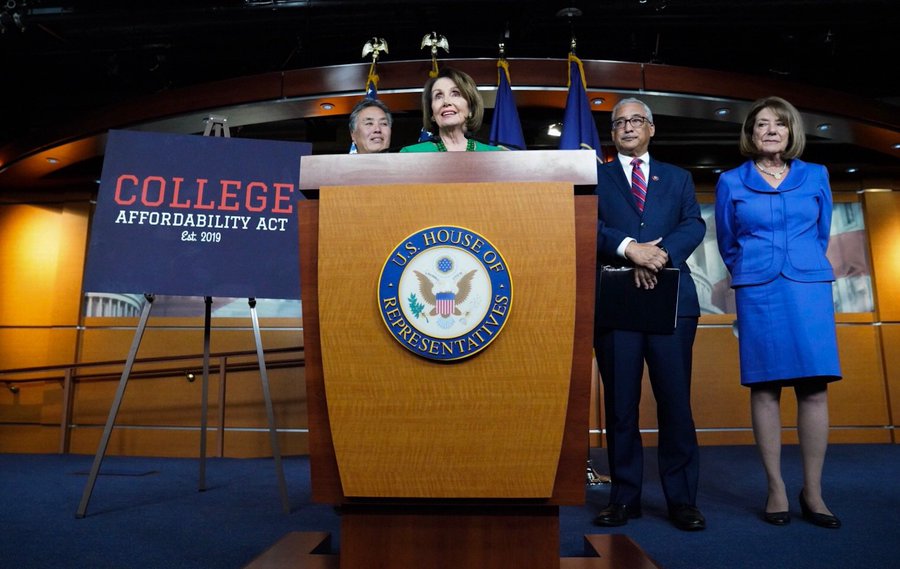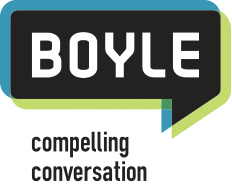Is More Higher Ed funding and Loan Forgiveness the Answer?
With House Speaker Nancy Pelosi at the podium, House Democrats on Tuesday unveiled their plan to overhaul federal higher education policy. The bill, dubbed the College Affordability Act, H.R. 4674 (116), calls for expanding federal student aid programs and appropriating new federal funds to help states offer free community colleges.

Some of the key provisions of the bill are:
- expanding Pell Grants and public service loan forgiveness;
- allowing existing federal student loan borrowers to lower their interest rates; and
- imposing new accountability requirements on colleges that receive federal aid.
While the bill aims to lower the cost of college for millions of students, it still doesn’t go as far as some of the Democratic presidential candidates have proposed with some policies that have gained traction on the campaign trail, such as debt-free college at four-year universities and sweeping student loan forgiveness for existing borrowers.
It seems as if the author of the bill, Rep. Bobby Scott (D-VA), was trying to thread the needle with the legislation. “We believe that this more modest proposal can actually pass in this Congress,” he said, but then quickly added it is a “very progressive bill.”
Progressive or not, the price tag of the bill is still in question, with the cost of any legislation likely to be a significant sticking point in negotiations between the Democratic-controlled House and GOP-controlled Senate.
In my opinion, the issue of affordability is a complicated one to address because part of the reason is it’s attempting to put a government solution to what really is a market problem. There are certain degrees that are viewed as extremely valuable in the marketplace, and institutions that have a strong brand and reputation can charge whatever they want, and they would have people that are willing to pay.
Most institutions now are going out of their way to make their pricing more attractive to students, and they can and will take advantage of government programs that can make the cost less onerous, but someone ends up paying for it in the end, and that’s the taxpayer.
Rep. Scott plans to move the bill to a committee markup in the coming months, but already there are critics of the legislation. Reps. Virginia Foxx (R-NC), the top Republican on the House education committee, and Lloyd Smucker (R-PA) agree with me, saying in a joint statement that the “bill does not address the underlying issue of exploding college costs” and would create “burdensome requirements and bureaucratic red tape” that further drive up the cost of college.
To learn more about the bill, and read some of my thoughts on the bipartisan appeal of investing in vocational education, read this Fox Business Network story: https://www.foxbusiness.com/personal-finance/house-dems-propose-long-awaited-college-affordability-act
